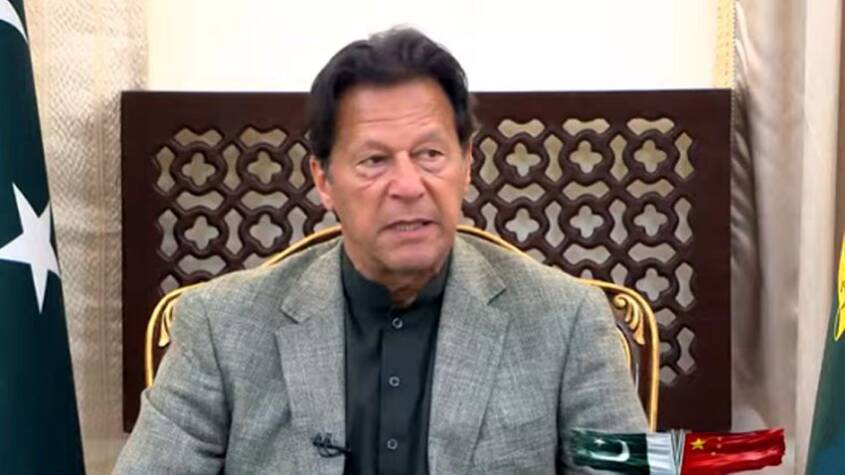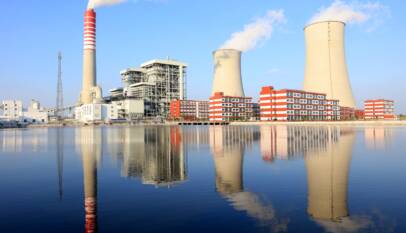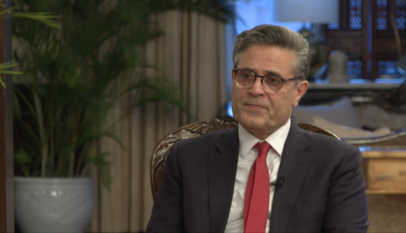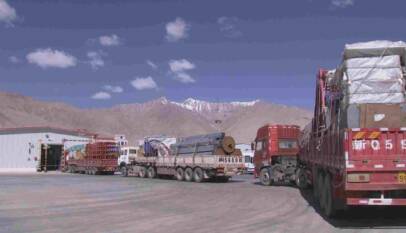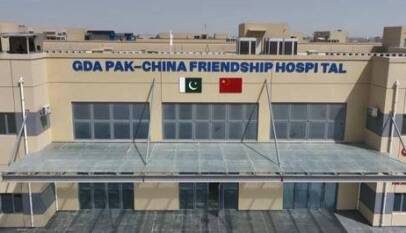PM Khan says China visit injects new impetus to Strategic Partnership, CPEC
During a meeting with journalists, former diplomats and representatives of think tanks, Prime Minister Imran Khan said that his recent China visit and meetings with the Chinese leadership injected a new impetus to the strategic Partnership and further accelerated the pace of work on the projects under the CPEC. He highlighted that tour was connected to the rapidly-changing global political scenario and China reiterated economic support to Pakistan through specific projects. He dismissed the impression of the slowed-down pace of work on the CPEC and reiterated that the government is working on facilitating China’s investors in Pakistan and all the hurdles related to special economic zones (SEZs) would be removed.
ISLAMABAD: Prime Minister Imran Khan on Sunday said his recent visit to Beijing and bilateral meetings with its leadership had added further strength to the time-tested ties between the two countries and would accelerate the pace of work on the ongoing projects of the China-Pakistan Economic Corridor (CPEC).
During an interaction with a number of former ambassadors and think-tanks, the prime minister said his recent visit to China was very relevant in connection with the fast-changing global political map.
“The Chinese leadership has appreciated our government’s steps to overcome the Covid-19 pandemic and acknowledged that the economic indicators are positive,” he said, adding it had reaffirmed economic support to Pakistan through specific projects.
Federal ministers and PM’s special assistants were also present during the interaction.
The premier said he had held a meeting with President Xi Jinping after a period of two years since the outbreak of the Covid-19 pandemic.
“These bilateral meetings added further impetus to CPEC projects,” he said. The prime minister also completely dismissed the impression that work on these projects had slowed down.
About Afghanistan, the prime minister said the international community had developed a consensus over the issue.
“Europe and all the neighbouring states of Afghanistan have agreed to avoid the humanitarian crisis there and stressed upon de-freezing of its assets,” he claimed.
“The US has also understood and realised the situation [in Afghanistan],” he further maintained.
“All these countries have reached the consensus that steps should be taken so that Afghanistan should not descend into chaos.”
To a query, the prime minister said that after 18th amendment, issues had surfaced in connection with decision-making and cited the difference in the prices of wheat in Sindh and other provinces.
Referring to the functioning of the Chinese government, PM Imran said when a decision was made, it was implemented, but this was lacking in Pakistan, attributing the problem to differences between the federal and provincial governments.
“In China, the whole country worked for wealth creation,” he said, adding that all hurdles in the special economic zones (SMEs) would be removed.
During the Beijing Winter Olympics, the Chinese crowd warmly cheered the Pakistani contingent, reflecting how deeply rooted these ties were between the two countries, he observed.
Responding to another question, the prime minister said the strategic direction of his government was very clear.
“We want to maintain relations with all countries and would not become part of any camp.”
PM Imran claimed that during the last three and half years, the government had navigated from ‘the minefield’ of economic challenges, adding that due to its prudent policies, the country was witnessing growth rate, record tax collections, revenue generation, and remittances.
“All this indicates that the country’s economy has been moving in the right direction.”
To another question, the prime minister replied that unless you had two-third majority in the parliament, you could not enact legislation to bring in various reforms in the society.
He maintained that there was requirement for huge reforms in the country.
“These pieces of legislation are sometimes stuck up in the National Assembly or in the Senate,” he maintained.
He said there was meritocracy and rule of law in China.
“About 400 ministerial-level people have been held accountable over corruption charges, increasing the popularity of President Xi.”
The prime minister said the global pandemic had devastated the world.
“Different countries of the world including Italy, Spain and the UK opted for complete lockdowns, but I went against such precedent for which I was bitterly criticised by my political opponents.”
He added that he had questioned the logic of imposing a complete lockdown as it would have created problems for the lower segments of society.
The prime minister defended his decision of imposing smart lockdowns.
“In the US, Germany, and France, people have taken to the streets against complete lockdowns.”
The premier claimed that the country ahead of everyone as the government had not only saved its economy but also lives.
“In India, the growth rate has been pushed back in the minus.”
To a query, he replied that he had met Russian President Vladimir Putin in Bishkek.
After his tweet about the negative use of freedom of speech to hurt Muslims’ feelings, they held a telephonic conversation and in which Putin had conveyed that there was no Islamophobia in Russia and a central mosque in Moscow was fully functional.
Foreign Minister Shah Mahmood Qureshi, while speaking during the sitting, said the prime minister’s meeting with President XI was marked with “great significance”.
He added that the clarity he had witnessed in such meetings had not happened in the past — which was another encouraging sign.
The foreign minister further said the leadership of the two countries conveyed clear messages to each other over core issues.
They removed certain concerns over the CPEC projects which were not based upon facts.
“The spoilers against CPEC have been playing their negative role,” he added.
Qureshi said Pakistan and China shared the unanimous views on the Afghanistan issue, adding that there had been close coordination and collaboration between the two countries.
Furthermore, they had agreed over a future roadmap.
“A meeting of Afghanistan’s immediate neighbours, besides a trilateral meeting of Pakistan, China and Afghanistan would be soon convened to expedite efforts to avert the humanitarian crisis in the neighbouring country.”
Speaking on the occasion, Finance Minister Shaukat Tarin said China had helped in building infrastructure and connectivity projects under CPEC and now it would support the establishment of SEZs so that the trickle down effects could be fully reaped.
Information Minister Fawad Chaudhry compared the number of CPEC projects under the incumbent governments with the previous one.
“The number of working groups has been increased to 1. Seven projects have been completed in the last three years apart from the completion of 453kms roads projects.”
He added that a further investment of $3.45 billion had been made.
He claimed that three new projects had been added and the power generation stood at around 3,340 MW in 2018 and that had now been increased to 5,864 MW during the last three and half years.
“Not a single transmission line was added by the previous government, but we have installed 880kms of new transmission lines,” he claimed.
Gwadar Pak-China Friendship Hospital pioneers laser-assisted bladder stone surgery
China-aided Gwadar Pak-China Friendship Hospital has debuted in conducting an operation to…



